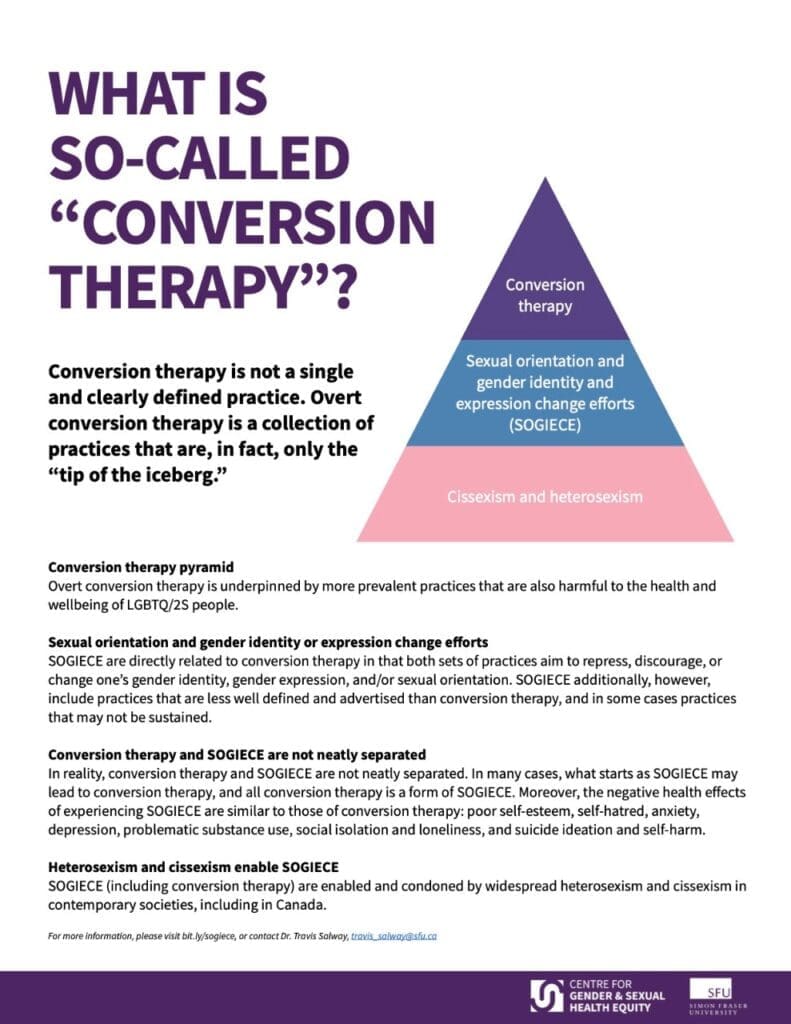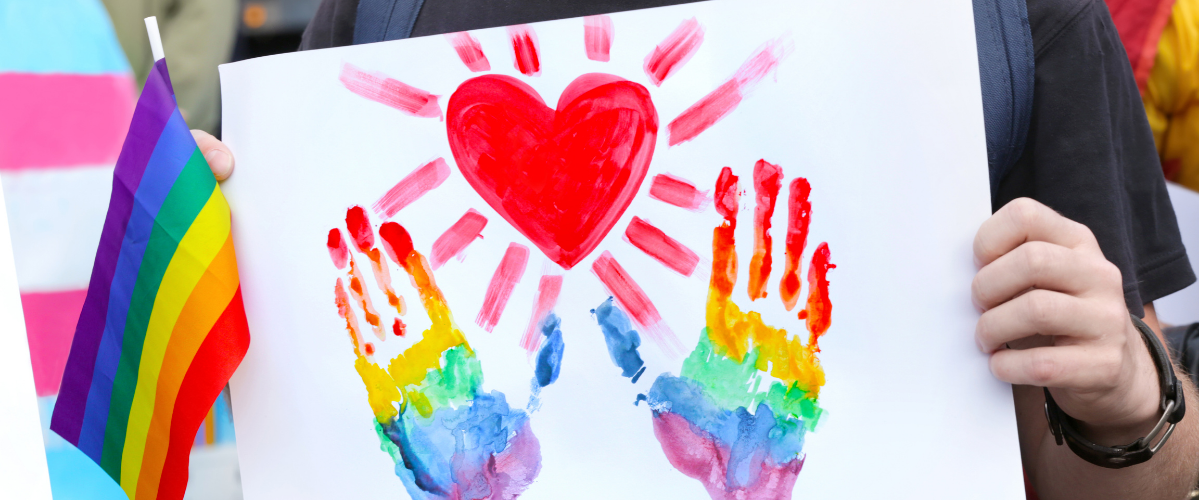Each year on May 17th, we celebrate the International Day Against Homophobia, Transphobia, and Biphobia, created to commemorate the World Health Organization’s decision in 1990 to declassify homosexuality as a disorder.
Yet unfortunately, homophobia, transphobia, and biphobia still exist today.
When we think about a ‘phobia’, the first thing that might come to mind is fear. So then it makes sense to think that the ‘phobias’ above might mean a ‘fear of gay, trans, or bi people.’
But that’s not the case. Instead, the term ‘homophobia’ is used more commonly today to describe prejudice against homosexuals.
In other words, rather than a ‘fear’, it’s an existence of negative attitudes, perceptions and feelings about Two-Spirit, Lesbian, Gay, Bisexual, Transgender, Queer, and people of other sexual identities (2SLGBTQ+).
We know that stigma against people who use substances contributes to the overdose crisis—for fear of judgment, they’re more likely to hide their substance use from family, friends or doctors, not seek out help, and use substances alone.
Stigma against people who are 2SLGBTQ+ also exists.
Like people who use substances, 2SLGBTQ+ people who are afraid of judgment, abuse or violence, may hide their sexuality from others and may also not seek out healthcare needs like HIV testing. Living in and around non-inclusive environments can also lead to ‘self-stigma’ causing lower self-esteem, lower self-concept clarity, and higher sexual identity confusion.
Then there’s conversion therapy, or “practices that start from the premise that any sexual orientation other than heterosexual and any gender identity other than cisgender should be denied and suppressed, rather than affirmed and supported.” Conversion therapy is still taking place around the world, including Canada.
‘Survivors’ of conversion therapy often experience life-long trauma and over 20,000 Canadians have been exposed to its harmful practices, which are associated with self-hatred, poor self-esteem, anxiety, depression, problematic substance use, and suicide.

Led by Dr Travis Salway, in 2019, the BCCDC Foundation funded “Sexual Orientation and Gender Identity and Expression Change Efforts (SOGIECE) Dialogue Event and Research” a conversation that supported survivors of SOGIECE in telling their stories in a supportive, affirming, and collaborative environment.
By funding and raising awareness about this work in partnership with the Community-Based Research Centre (CBRC), this event was a catalyst for broader research priorities around supporting the health and wellness needs of SOGIECE survivors.
Through conducting in-depth interviews with survivors across Canada, researchers aimed to shed light on the specific needs of this population to better support their long-term positive health outcomes, including preventing future and ongoing trauma related to conversion therapy.
It’s likely that you have family, friends, colleagues or neighbours all around you who are afraid to disclose their sexual orientation, hide their gender identity, suppress their gender expression, or all of the above.
Your actions matter and they can make a positive impact in the lives of 2SLGBTQ+ people. Here are a few ways you can Activate Health starting today:
Listen.
Before we can learn, we must listen; listen to understand, that is. And not just listen once or to one person’s experience. What we’ve learned is that the experience of 2SLGBTQ+ people is wide and unique to each individual—no one person has experienced being an 2SLGBTQ+ person the same as everyone else. And listening doesn’t end. We must commit to continuing to listen in order to do what’s next.
Learn.
Like listening, learning doesn’t end either. To get started learning, follow 2SLGBTQ+ organizations on social media. Sign up for their newsletters. Visit No Conversion Canada’s website for ways to take action and read this blog post.
Love.
Like us all, 2SLGBTQ+ people want to be accepted, respected, and loved for who they truly are, even if they’re still figuring that out. Discovering your ‘true self’ so to speak, can be complicated and messy, uncomfortable, and even scary. If you know someone who is in that process of self-discovery, let them know you accept and support them.
Lead.
Be out, be open, and be proud about your support for 2SLGBTQ+ people. Get involved. Speak up and speak out. Become an ally. Demonstrate through your actions and words that you support 2SLGBTQ+ people. And when safe to do so again, attend protests against discrimination, rallies of support, and celebrations like Pride festivals.
Much has been done to rid our society of homophobia, transphobia, and biphobia, but the fight is not over. Many are dealing with the consequences of experiencing conversion therapy in its various forms. Many are working through trauma, fear, and thoughts of suicide.
Through our actions we can put an end to the stigma and discrimination 2SLGBTQ+ people face on a daily basis, and all be empowered to be who we are, love who we want, and live in a healthy and safe society. This is Activate Health.
